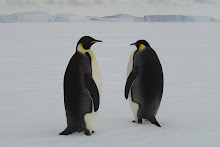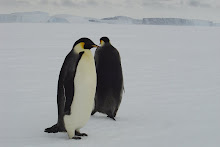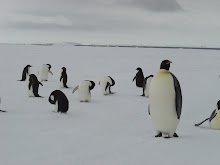We stand at the threshold of a major change in our approach to environmental issues Antarctica, the coldest and the windiest place in the world is now a source of endless concern and controversy. It is unique in every sphere and is a common heritage of all the human kind. Politically, it belongs to every country in the world. Biologically, it is the largest wildlife sanctuary on the earth. Ninety percent of the planet’s freshwater resource is located here. The continent is a critical component in the world’s weather system and an invaluable open-air laboratory for monitoring global atmosphere pollution. Antarctica is the only continent, which is virtually unspoiled by any anthropogenic action. Scientifically, Antarctica can be look as a unique open system of the earth, where all the life, geology, climate and water interact to each other over the millions of years, converge to produce a occurring pattern of changes that has profound effects on the regional and global environment. It is also a part of the planetary energy system, receiving from the Sun, undergoing changes, affecting life, oceans, atmosphere, climate, and sediments. In this energy system Antarctica plays as a heat sink. Energy flows continuously from the source (the Sun) to the Earth and to the sink (the Antarctica). Applying the laws of thermodynamics, all the energy received on Antarctica is conserve in the form of glacial ice. Therefore, 78 percent of the world’s glacial ice are locked here. In biological ways, it can also be seen as a vast single ‘ecosystem’, where the dynamic complex of all the endemic organisms and its local non-living environment interacts as a single functional unit. Hence, it is a unique system. "Biogeochemical cycle" or the movement or cycling of a chemical element or elements through the earth’s atmosphere, hydrosphere, lithosphere and biosphere plays a significant part in determining the bio-diversity of an area. In this cycles the biota plays a key role for exchanges of vital nutrients from one phase to another. Some of the micro-nutrients (carbon, hydrogen, oxygen, nitrogen, phosphorous, sulphur, calcium, potassium, iron and magnesium) that form the major building blocks of the organic compounds and which are required in large amounts by most forms of life are continually circulated by the organisms. In the case of Antarctica as there is very less diversity of flora and fauna this cycles are not so profound. Although, other related cycles which are performed by he non-living environment such as ‘the sedimentary cycle’, ‘the tectonic cycle’, ‘the hydrologic cycle’, ‘the rock cycle’ etc. are more or less pronounce in this continent. The weathering and erosion of nutrient rich rock from the Antarctic continent by the glacier and the wind activities makes Antarctic ocean to be the most nutrient rich ocean in the world. This makes the southern ocean to be the most biologically productive ocean in the world. Although, Antarctica has the harshest environment due to extremely low temperature (average –45o C) and high wind speed (average 100 km), the continent has been continually exploited by humans after the events of modern industrialization. During the early 19th century most of the biological resource and the tranquility of the continent has been disturbed by human beings either for commercial or scientific purposes. International interests on Antarctica began with commercial whaling and sealing expeditions through the 18th and the 19th centuries. Now Antarctica is no more isolated continent but a vast natural laboratory for humans. The fate of Antarctica is day by day at the mercy of human beings. Although industrialization has brought many benefits to human kind, the impact on the environment is never a positive one. As the world’s human population increases exponentially and the resources become scarcer everyday, the governments and businesses are looking to Antarctica for new supplies of food, freshwater and mineral wealth. The worldwide problems of malnutrition and protein deficiency further look forward to the exploitation of protein rich "krills" population in the Antarctica Ocean, which will further disturb the intricate Antarctic Ocean ecosystem. Impact of green house effect and global warming with the resulting affect of sea level rise due to melting of Antarctic ice are becoming more and more serious environmental issues today. The environmental health problems due to ozone depletion and the effect of harmful UV radiation are also a major concern now. Therefore, Antarctica has become a central consideration of human environment and is becoming one of the greatest environmental issues of the world.
QUOTE OF THE DAY!
"Before: Man search for food! Now: Food search for man!!"
"Life without energy is like a candle without fire."
Adsense
Showing posts with label climate change. Show all posts
Showing posts with label climate change. Show all posts
Tuesday, April 1, 2008
Subscribe to:
Comments (Atom)
Mole Holes!

Weathering of rocks in Antarctica
Rock Weathering
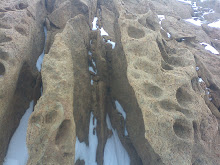
Larsemann Hills Rock Weathering
Hanging Rock
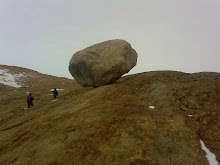
Hanging Rock Larsemann Hills and my friend behind it
Chooper
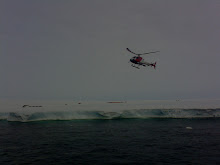
Chopper on duty
Algae
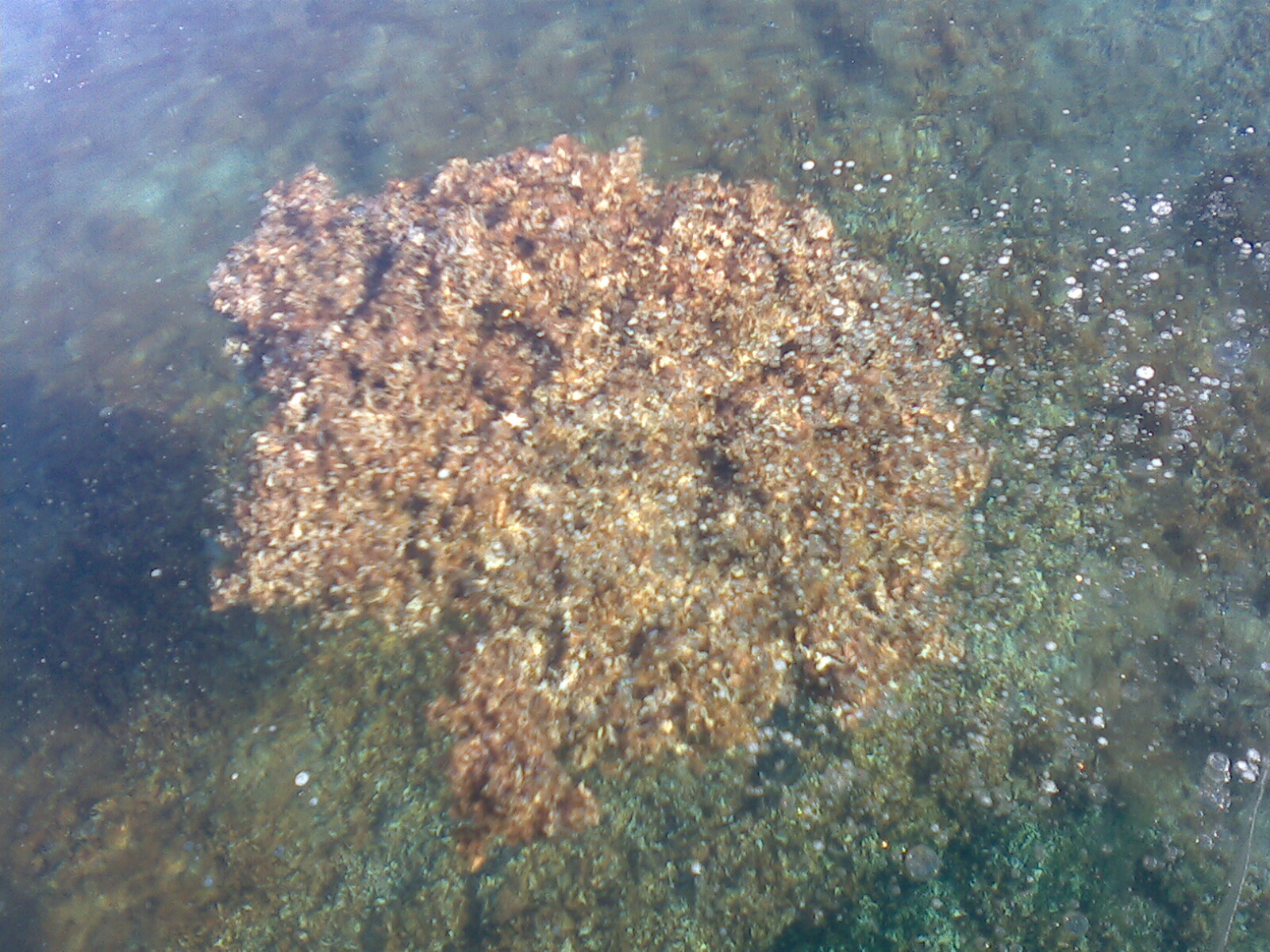
Antarctic Algal Mat
Pancake Ice
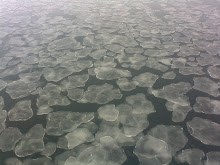
Antarctic Pancake Ice
